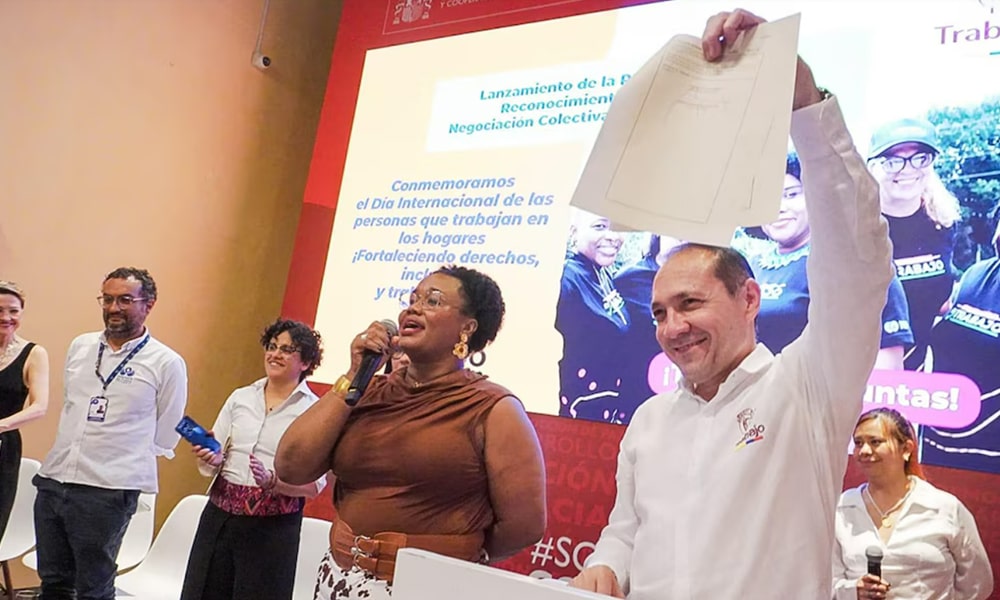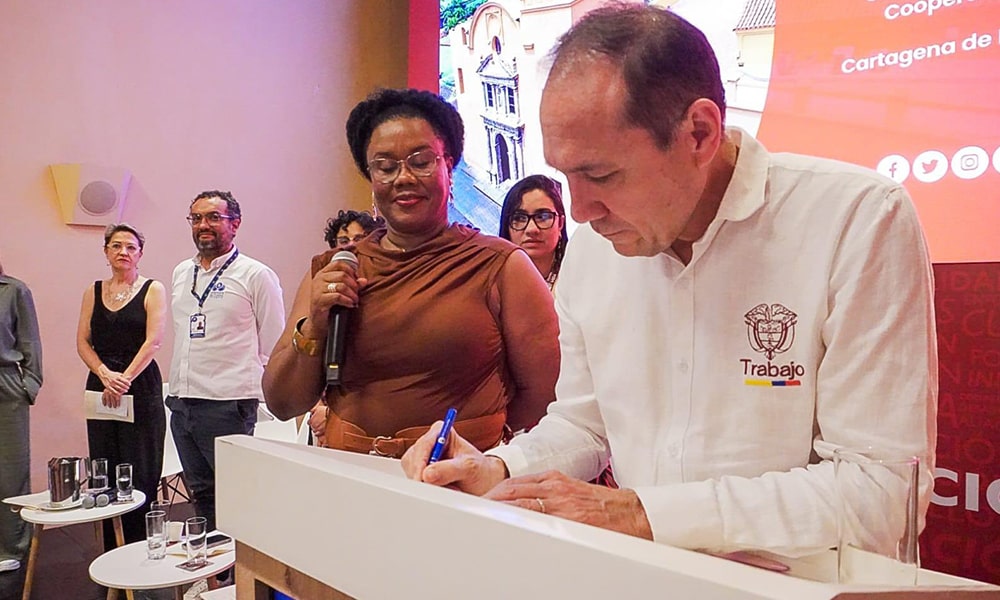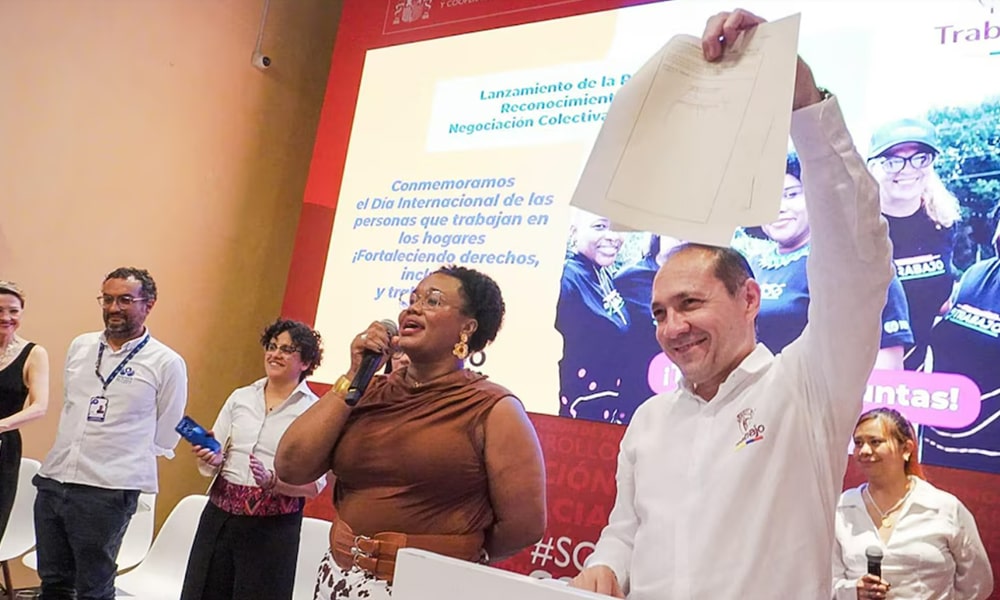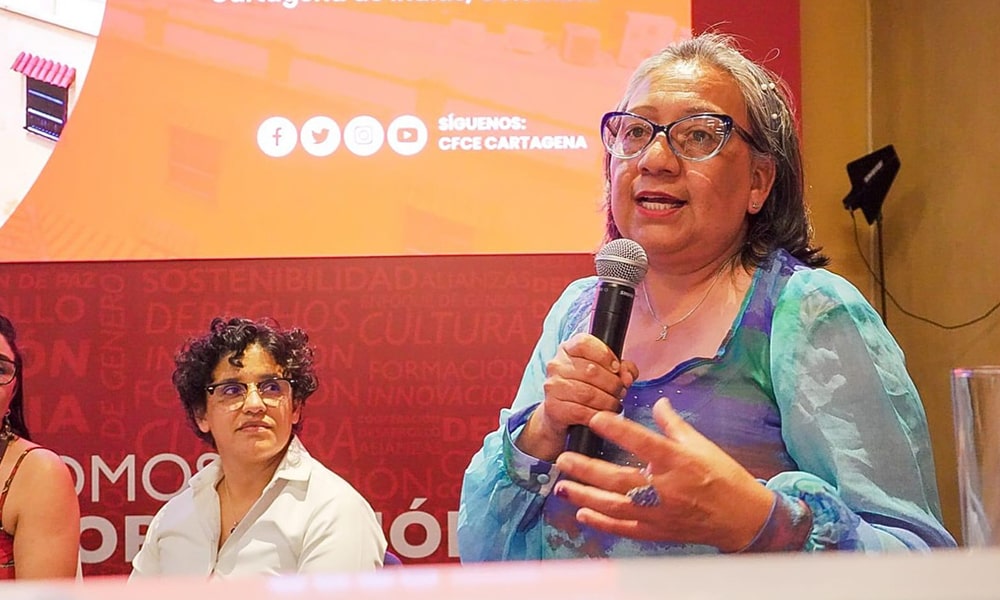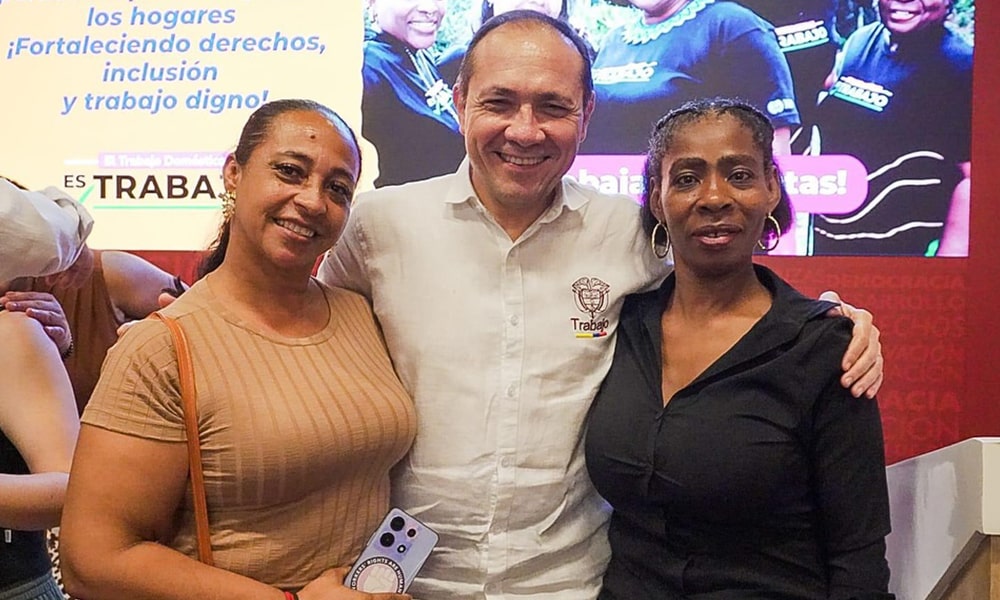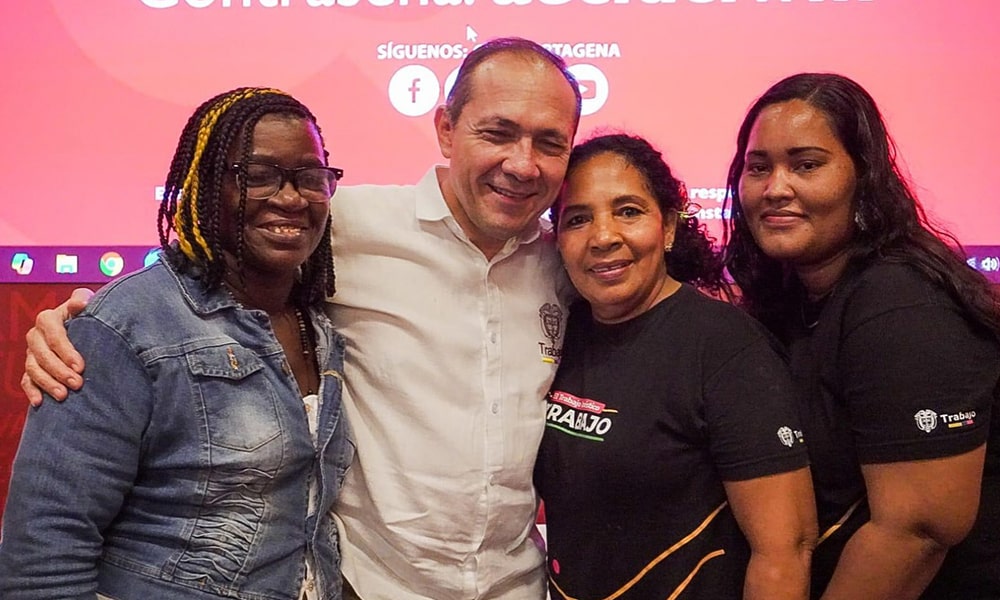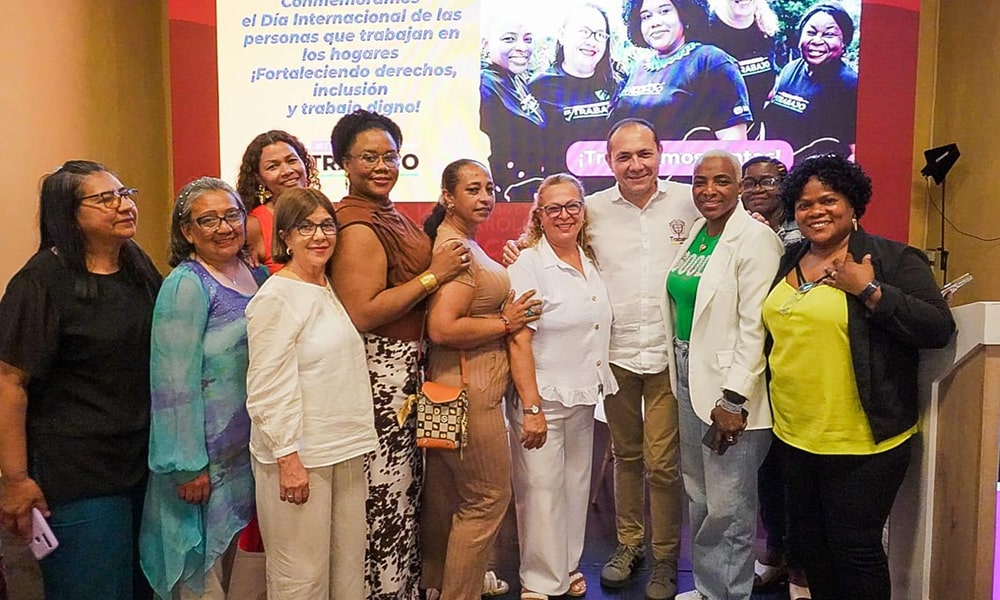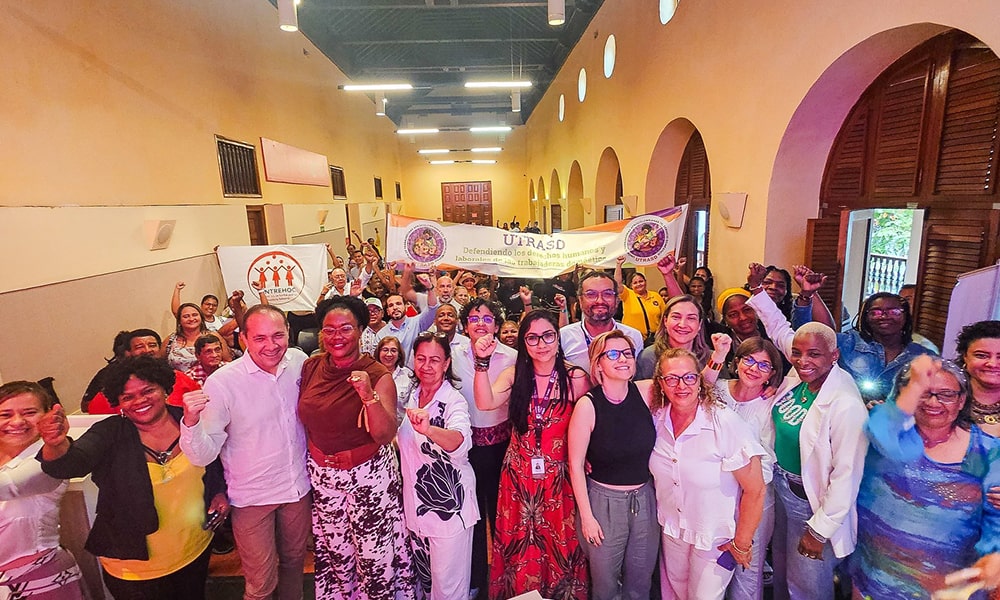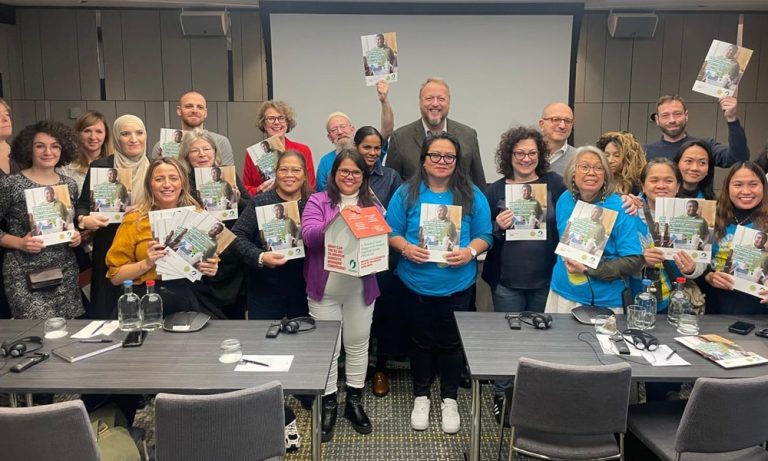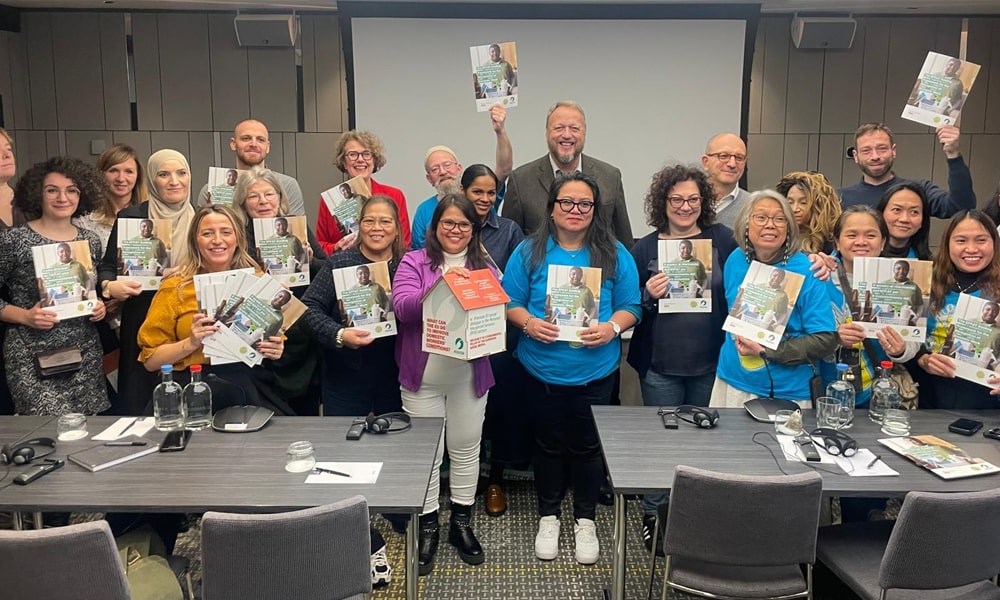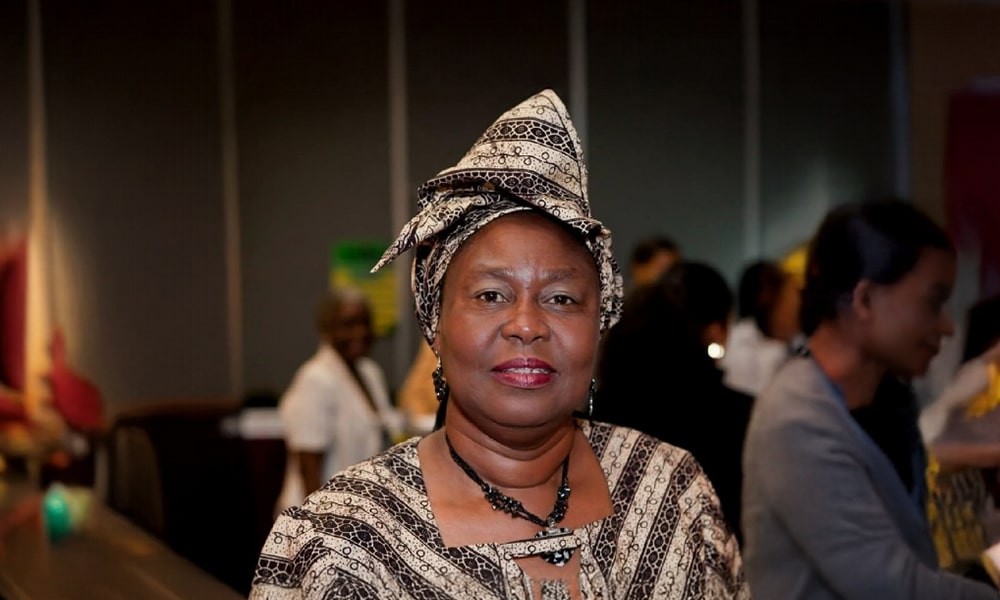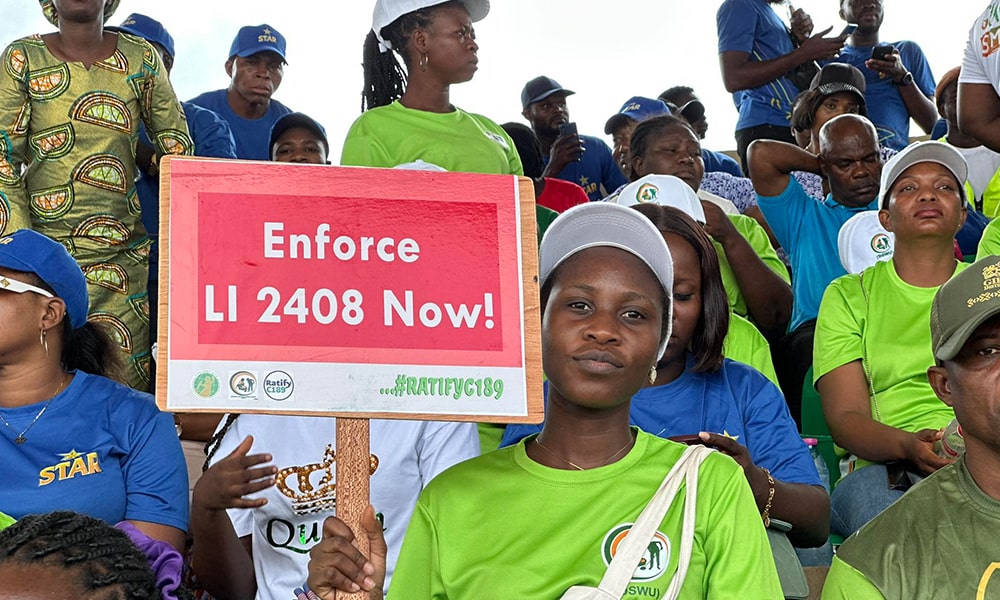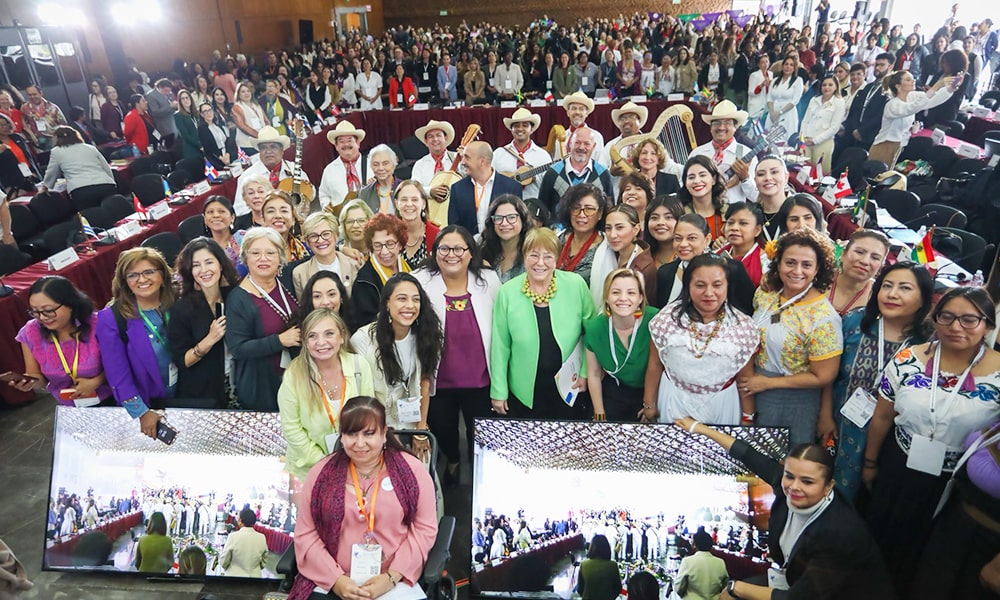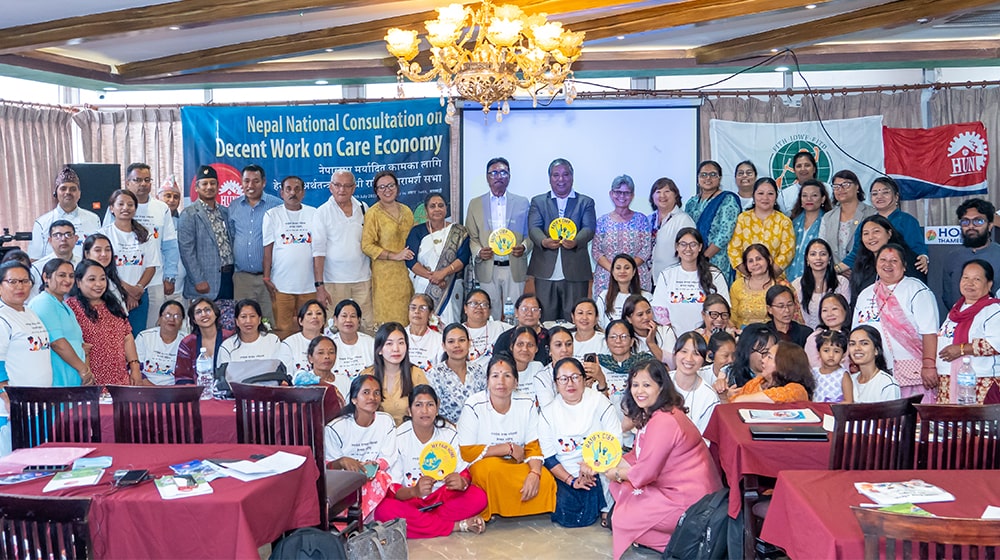July 25, 2025 will go down in history as a turning point for domestic workers in Colombia. On that day, Minister of Labor Antonio Sanguino signed a resolution officially establishing collective bargaining in domestic work and creating a tripartite dialogue committee whose decisions will be binding for all households employing domestic workers. The main objective of this new policy is to ensure that workers and their unions have “a formal channel for dialogue and negotiation of their working conditions with employers, with support from the Ministry of Labor.”
During an event held in Cartagena, the Minister also announced the launch of a dedicated line by the Directorate of Labor Inspection and Oversight to safeguard domestic workers’ rights and promote formalization. “We need to reduce labor informality, because doing so guarantees social protection for all, occupational safety and health, and the right to a pension once workers retire,” said Sanguino. “Today we are giving voice, rights, and real tools to those who sustain life in our homes. This resolution is a milestone toward the dignification of domestic work—it recognizes, makes visible, and ensures rights for those who have historically been marginalized,” he added.
These measures are aimed at implementing the recently approved labor reform on domestic work, passed by Congress in June 2025, which aligns Colombia’s legal framework with ILO Convention 189. The new law establishes that, going forward, all employment contracts must be formalized in writing and registered in a national system specifically created for this purpose. Contracts must include details on wages, payment method, working hours, rest periods, and days worked. The reform also sets a maximum 8-hour workday, overtime pay, night shift premiums, and severance compensation for unfair dismissal. To prevent arbitrary terminations and promote job security, the law protects workers’ seniority: after several renewals, contracts must become permanent. The law strengthens labor inspections and establishes penalties for non-compliance as well.
From Invisibility to Recognition
This resolution is the result of the tireless efforts by IDWF affiliates in Colombia and a concrete demonstration of political will from the government of President Gustavo Petro, which drafted the document in record time in response to the list of demands submitted less than two months ago by the organizations in the Intersindical de Trabajo Doméstico (inter-union coalition on domestic work), through the Monitoring Committee on Convention 189.
“This unprecedented achievement reflects the organized work we’ve been carrying out for years. We’ve walked a long path of advocacy, making the most of every space for political participation to raise our voices, to present our demands with solid arguments. In the past, domestic workers were ignored, but now we have a government that listens to us and takes action. This is glorious.”
Claribed Palacios, President of UTRASD and co-founder of the Intersindical de Trabajo Doméstico
In Colombia, more than 700,000 people are engaged in paid domestic work, 94% of whom are women, most of them racialized and from vulnerable communities. A majority (60%) earn the minimum wage or less, and only 17% are covered by social protection, in many cases because they made their own contributions to the social security system. According to the latest data from the Ministry of Labor, 79% of domestic workers in Colombia are informally employed.
“These measures will help us leave informality behind and enter full legality. They’ll also allow us to negotiate better wages and ensure our working hours are respected. At last, we’ll have decent work and a dignified life.”
Marta Hernández, General Secretary of UTRAHOGAR
The next step is the formation of a negotiating group made up of domestic workers leaders, who will be responsible for discussing labor conditions for the sector within the tripartite dialogue committee. In their list of demands, the unions propose the adoption of a “living wage” that would go beyond the legal minimum wage, with additional compensation for daily and transportation expenses. They also highlight the need to ensure compliance with working hours—particularly for live-in domestic workers—and to guarantee trade union rights.
“This resolution is a major opportunity—but also a big challenge: our unions should become much stronger and larger to make sure the law is implemented. It gives us the power to strike if regulations are not enforced, to demonstrate the critical role of domestic work in the national economy.”
Yenny Hurtado, General Secretary of SINTRASEDOM
Hard work lies ahead to ensure that the steps taken by the government lead to real, tangible changes in the lives and working conditions of domestic workers in Colombia. But hard work has never been a problem for these fierce women—especially now, with dignity and recognition finally within sight after so many years of struggle. The empowered voices of the dozens of domestic workers who filled the auditorium in Cartagena on July 25 will echo through the history of our movement: Yes, we did it!
